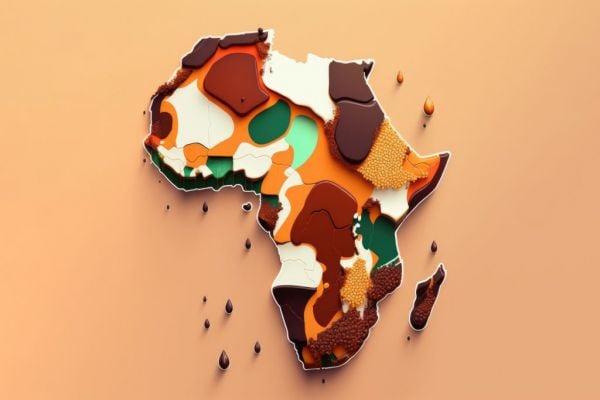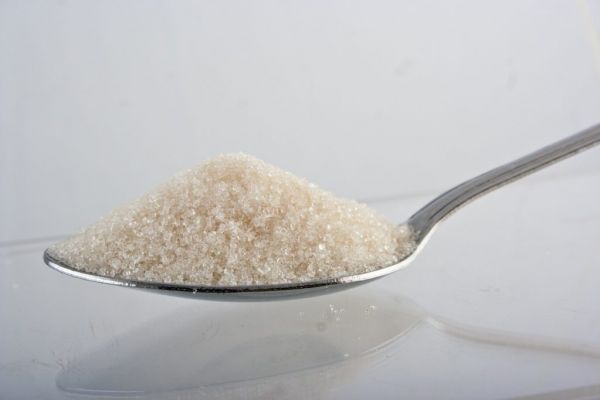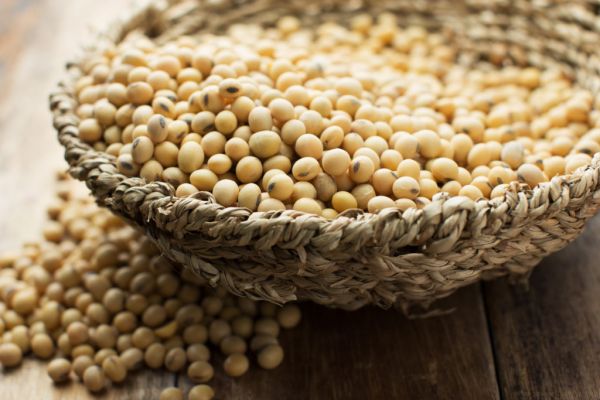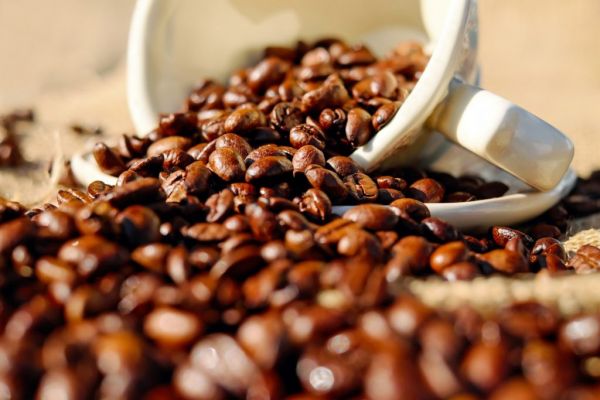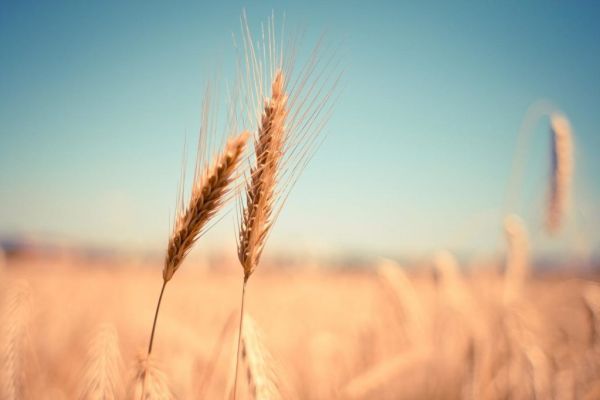A severe drought in West Africa that wrecked the Ivory Coast cocoa crop is giving way to some rainfall, bringing relief to farmers before the start of the next harvest.
Showers are forecast for some growing regions of the top-producing nation this week and early next week, improving moisture needed for bean growth, according to Speedwell Weather and MDA Weather Services. Weather at this time of year is vital for pod development, especially as Speedwell estimates rains in the past month have been more than 60 percent below normal.
Farmers are welcoming extra rain after the worst Saharan winds in 30 years dried out trees and reduced the size and the quality of beans from the smaller of two annual crops now being gathered. While it’s too early to draw conclusions, the outlook for the coming months is "very promising," Cargill Inc., the second-largest cocoa processor, said in a report this month. The main harvest is set to start in October.
"The drought really affected the mid-crop,” said Narcisse Konan, who manages a cooperative in the south-western town of Meagui and is optimistic about the next harvest. “With the current rain, we hope that things will get better."
Cocoa futures have fallen 11 percent this year, trading near $2,850 a metric ton in New York.
Smaller Crop
Ivorian farmers are reaping a crop more than 10 percent smaller this season due to the strong Harmattan winds, according to KnowledgeCharts, a unit of Commodities Risk Analysis. Output may rebound to a record in the 2016-17 season if weather remains normal, said Carlos Mera, a London-based analyst at Rabobank International.
Cocoa trees need a mix of rain and sunshine for flowers to bloom and turn into pods, which contain beans that get processed for chocolate. While farmers said rainfall was adequate in the month to mid-June, MDA warned the nation needs more. Precipitation in the two weeks that started July 20 will be about 60 to 80 percent of normal, according to World Weather in Overland Park, Kansas.
"We always are on guard with the rain because it’s out of our control," said Jean-Baptiste Kakou, whose 420-member cooperative in the towns of Gagnoa, Duekoue and Oume lost 40 percent of output to dry weather. "We pray for the rain to fall. When it doesn’t, we’re all worried."
Limited Supplies
Even though the weather seems to be improving, supplies will probably remain limited for now as bean deliveries to ports fall. Recent dryness may also delay the start of the next harvest, said Joseph Kouame, who owns several dozen hectares of plantations in the south-western town of Yabayo.
Bean arrivals at ports may fall 13 percent to 750,000 tons in the first three months of next season, said a person familiar with government estimates who asked not to be identified because they’re not authorized to speak publicly. Unfavorable weather, crop disease and farmer evictions from protected forests affected supplies, the person said.
"I’m a little worried, but we’ll wait to see the rainfall in August," said Boha Tanoh, who owns 20 hectares in Aboisso, in southeastern Ivory Coast.
Ghana Dryness
Neighboring Ghana, the second-largest cocoa producer, has had below-average rains this season and risks missing its harvest target for a third year, the national weather forecaster said. The country’s output slipped to a five-year low in 2014-15, partly due to dryness and pests.
Rains there started and ended early, said Charles York, principal meteorologist at the Ghana Meteorological Agency in Accra. There may be scattered showers in the next three months, but not enough to support pod growth, he said.
“We have not had rains for almost two months,” said Johnson Mensah, who cultivates 300 acres of cocoa and leads a group of about 180,000 farmers in western Ghana, a region accounting for about half the country’s output. “There are pods on the trees, but no rains to help them develop. We hope and pray to God to bring us some rains.”
News by Bloomberg, edited by ESM. To subscribe to ESM: The European Supermarket Magazine, click here.


